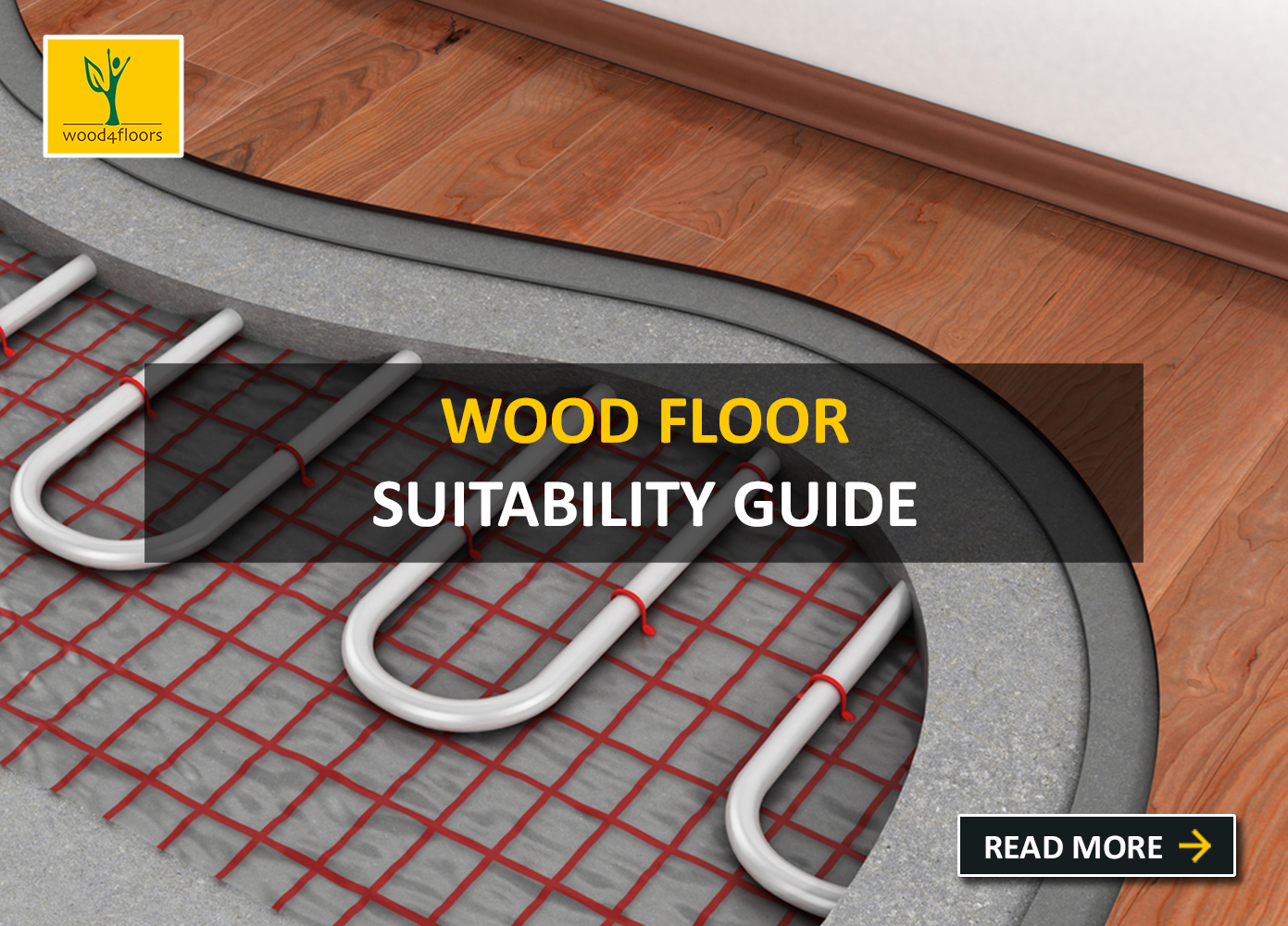Wooden flooring isn’t appropriate for all applications. Read our quick guide to answer your questions about suitability.
Bathrooms
For rooms that get very wet and humid, solid wood is normally inappropriate. The structure of engineered wood flooring however, is able to withstand the humidity in bathrooms. Before you purchase, get professional advice from your installer. It’s better to choose a lacquered finish because it’s waterproof. Selecting matt will allow you to maintain the floor’s natural appearance.
Kitchens
Wooden floors are very popular in kitchens because of their longevity. Even in a space with a lot of moisture and high traffic, it will last decades if properly cared for. Plus, the heavy use means it will develop a rich patina as it ages. As a kitchen floor, it will require frequent refinishing. While there may be more maintenance involved, the natural warmth it will bring to your space is well worth it. Solid wood flooring is entirely suitable but again, engineered floors are more dimensionally stable so may be a better choice.
Basements
Hardwood is a definite no. However, your basement may be suitable for engineered floors. To find out; you need to check that the subfloor is structurally sound and that the existing moisture content is not too high. We recommend that you contact a professional for a survey.
Under Floor Heating
Solid wood flooring is not suitable for UFH. Natural wood expands and contracts and needs a constant temperature and humidity. You can still get the next best thing…engineered wood is more stable with a good resistance to heat. Most boards are fine for use with UFH, apart from high movement species such as beech.


